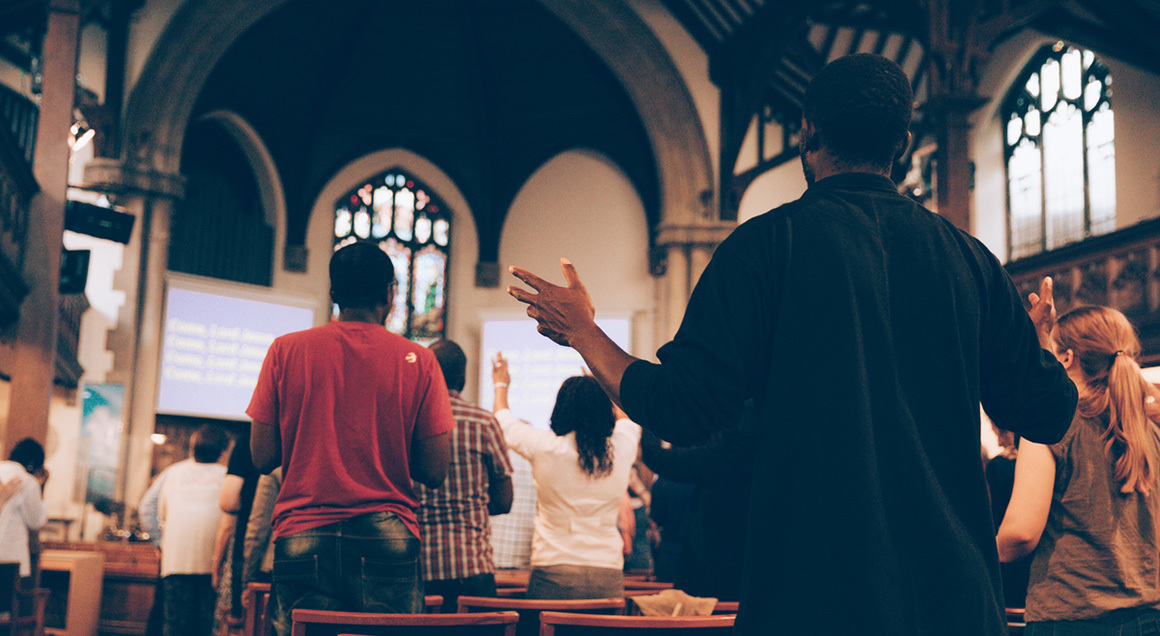Music Musings: Juneteenth

There are a number of observances and holidays in the civil calendar that find their way into the church in one way or another. Some of these are closely tied to the cultural history and traditions of a particular ethnic group, such as St. Patrick's Day for the Irish, Oktoberfest for the Germans, Casimir Pulaski Day for the Polish, many Native American observances such as the Cherokee National Holiday, the Korean thanksgiving celebration Chusuk, the Chinese and Korean New Year, and Cinco de Mayo for Mexican Americans. Juneteenth is such a holiday for African Americans.
Juneteenth is the oldest of all African American celebrations. It commemorates the day of June 19, 1865, when African Americans in Texas first learned of their freedom from slavery under the Emancipation Proclamation, signed by President Lincoln and which had gone into effect on January 1, 1863, nearly two and a half years earlier. On June 19, 1865, two months and a week after Lee's surrender to Grant at Appomattox, federal troops under the command of Union Major General Gordon Granger arrived in Galveston, Texas, and informed the slaves of their freedom by reading General Order #3, which stated:
The people of Texas are informed that, in accordance with a proclamation from the Executive of the United States, all slaves are free. This involves an absolute equality of personal rights and rights of property between former masters and slaves, and the connection heretofore existing between them becomes that between employer and hired labor. The freedmen are advised to remain quietly at their present homes and work for wages. They are informed that they will not be allowed to collect at military posts and that they will not be supported in idleness either there or elsewhere.
By June 19, 1866, only one year later, large festive celebrations were begun and many continued into the twentieth century. June 19th early was named Juneteenth, and it has been observed as Freedom Day or Emancipation Day by African Americans for more than 140 years. Celebrations have included parades, picnics, dancing, sporting events, music, plays, recounting of stories by former slaves, inspirational speeches, reading of the Emancipation Proclamation, and prayer services. The observance spread all over the United States during the next 140 years; and fourteen states today list Juneteenth as an official holiday, including Texas, California, New York, New Jersey, and Alaska. It is observed in other states and in other countries.
A word of explanation and celebration of Juneteenth would be an appropriate part of any worship service around June 19, either from the pulpit, as a bulletin insert, or even as a joint celebration between multiple congregations. Especially appropriate songs for the congregation to sing in worship include:
- "Freedom Is Coming" (The Faith We Sing, 2192)
- "O, Freedom" (The Faith We Sing, 2194)
- "Siyahamba" (The Faith We Sing, 2235)
- "Goodness Is Stronger than Evil" (The Faith We Sing, 2219; Upper Room Worshipbook, 436)
- "Lift Every Voice and Sing" (The United Methodist Hymnal, 519)
- "We Shall Overcome" (The United Methodist Hymnal, 533)
- Many other hymns, songs, spirituals, and worship resources in The United Methodist Hymnal, The Faith We Sing, Upper Room Worshipbook, Songs of Zion, and The Book of Worship
Dr. Eugene Blair, a clergy member of the Detroit annual conference and a former Dean of the Upper Room Chapel, has written a worship service for observing Juneteenth,in which can be found prayers, a litany, a call to worship, and musical suggestions. Here are links to Dr. Blair's service and other resources for learning about and celebrating Juneteenth:
- 21st Century Africana Liturgy Resources: Worship Resources for Juneteenth Day Celebrations
- The Africana Worship Book (Nashville: Discipleship Resources, 2006)
- Zion Still Sings! For Every Generation (Nashville: Abingdon, 2007)
- "Juneteenth" in Wikipedia
- Juneteenth Website
Contact Us for Help
View staff by program area to ask for additional assistance.
